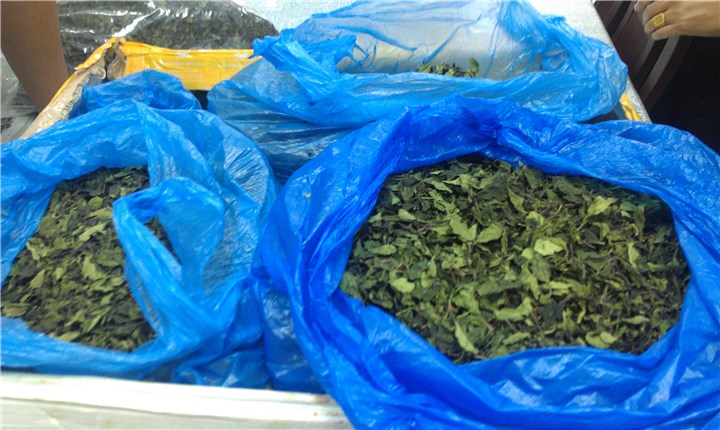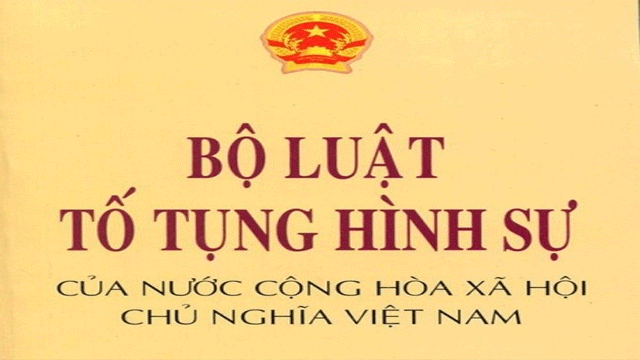This is notable new content in the Draft Decree on amendments to the List of narcotic substances and precursors in Vietnam issued together with Decree 82/2013/ND-CP.
Khat leaves have the scientific name "Catha edulis", and are a type of plant cultivated for many years in African countries and the South Arabian region. Khat leaves are also referred to as "paradise leaves." In the United States and many European countries, Khat leaves are classified as a harmful drug due to their "negative" impact on health and their extremely high addictive potential, leading to hallucinations, delusions, mental disorders, bodily harm, and several difficult-to-treat illnesses. Users only need to chew fresh leaves, or smoke-dried leaves, brew them as tea, or sprinkle a small amount of Khat leaves onto food to become heavily addicted.
Khat leaves contain Cathinone, an extremely potent substance that is many times more dangerous than methamphetamine and more toxic than common drugs. Khat leaves are also used to extract the drug substance Cathinone, which can be aggregated with Amphetamine to create a drug resembling crystalline salt, either white or pale pink.
In recent years, drug transportation, in general, has seen many complicated developments with increasingly sophisticated methods and tactics, including the transportation of Khat leaves. Individuals involved in transporting Khat leaves often disguise them as bags of dried tea or dried herbs to evade detection by authorities.

According to current regulations, Khat leaves are not yet prohibited under the List of Narcotic Substances and Precursors in Vietnam. Decree 82/2013/ND-CP only prohibits the use of Cathinone in general (including the Cathinone present in Khat leaves) but does not explicitly ban Khat leaves. Additionally, the acts of possessing, transporting, or illicitly selling Khat leaves are not yet stipulated in the Penal Code 2015. The Standing Committee of the 14th National Assembly, chaired by Chairwoman Nguyen Thi Kim Ngan, had also proposed adding Khat leaves to the List of Narcotic Substances in the amended Penal Code. Thus, the inclusion of Khat leaves in the List of prohibited narcotic substances is necessary to contribute to the fight against drug abuse.
If the inclusion of Khat leaves in the List of Narcotic Substances and Precursors in Vietnam is approved, Khat leaves will be classified under List I “Narcotic substances absolutely prohibited for use in medicine and social life; the use of these substances in analysis, testing, scientific research, and criminal investigation is subject to special regulations by competent authorities” issued together with Decree 82/2013/ND-CP.
Furthermore, the Draft Decree also proposes amendments and supplements to several Lists in Decree 82, to replace the amended and supplemented Lists issued together with Decree 126/2015/ND-CP as follows:
- Amend and supplement List II “Narcotic substances used restrictively in analysis, testing, scientific research, criminal investigation, or medical field as regulated by competent authorities”;
- Rename List III to “Narcotic substances used in analysis, testing, scientific research, criminal investigation, or medical field as regulated by competent authorities”;
- Remove the phrase “derivatives” from the note under List III: “This List includes all possible existing salts and derivatives of the substances specified in the above List”;- Amend and supplement List IV “Precursors”.
 Article table of contents
Article table of contents










.Medium.png)
.Medium.png)
.Medium.png)
.Medium.png)
